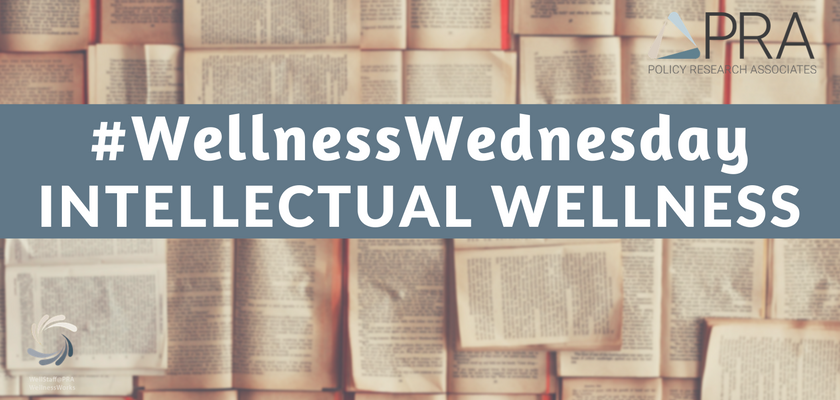I often write about my experiences being a person in long-term recovery from substance abuse issues. Fairly early in my recovery I returned to school to continue my education so I could have the skills to build a career to support myself financially.
I decided to major in political science with a concentration in political theory at the State University of New York at Albany. My life was going to be pretty simple—full-time course work, 12-step meetings, and a small part-time job to support my tiny financial needs.
In the middle of the first week’s readings, the strangest thing happened—I became completely obsessed, captivated, and thoroughly focused on the course work—especially the philosophy. Soon I found myself spending every waking hour thinking of or talking about Plato, Aristotle, Tocqueville, and Spinoza. Reading and thinking about philosophy was the first thing I did when I woke up in the morning, what I did in class, and then the last thing I thought about at night. To be completely honest, I once even dreamed about the Allegory of the Cave!
The readings would take my breath away, my heart would beat fast—mostly I remember feeling happy. This phenomenon was completely fine with me because it led to great grades and forced me into a different peer group—people who also wanted to do nothing but read and talk about political philosophy. It was almost as if I traded drugs, an unhealthy habit, for philosophy, a positive influence in my life. Now, my mind was 100 percent focused on learning and growing, moving beyond the old and harmful habits of substance use. Years later, I read articles that explained that yes—your brain reacts to learning in some of the same ways it reacts to sex, cake, gambling, drugs, and skydiving!
In 2014, researchers at Barcelona’s Bellvitge Biomedical Research Institute and Otto von Guericke University found that learning new words activates a core reward center in our brains. The researchers used 36 adults for the study and conducted two magnetic resonance imaging (MRI) scans on the participants. One was when the participants were reading and the second was when the participants were gambling. The scans showed that language-based and gambling-like activities activated the same parts of the brain.
While this study focused exclusively on learning new languages, other studies suggest positive effects stemming from intellectual activities as simple as reading. For example, consider bibliotherapy—an expressive therapy that involves the reading of specific texts with the purpose of healing. A 2003 article in the Journal of Clinical Psychology found that bibliotherapy has shown positive outcomes when treating depression, mild alcohol use, and anxiety disorders. In fact, these results have been shown to be long-lasting. This explains why some people describe a perfect night as being one where they “curl up with a good book!”
The point of this blog is not that everyone should study philosophy or even read—the important thing is that you do what works for you, and you find that by being open to trying new things. What works to improve one person’s intellectual wellness may not work for another.


